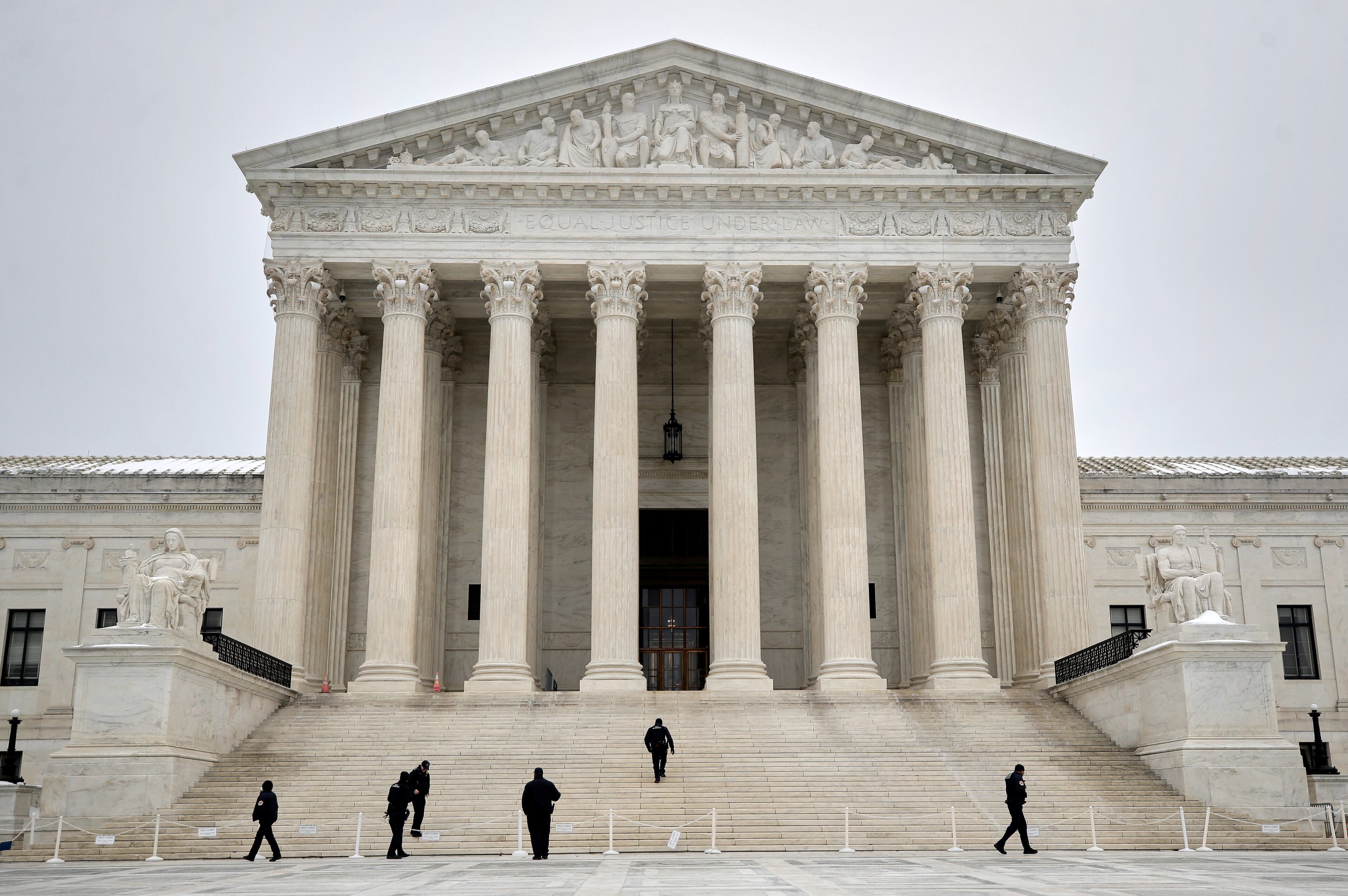Delta gets tentative OK for Tokyo Haneda routes, but not from Atlanta
Delta Air Lines has gained tentative approval to fly daytime routes to Tokyo’s downtown Haneda Airport from both Los Angeles and Minneapolis — but not from Atlanta.
The announcement Wednesday by the U.S. Department of Transportation comes after Atlanta-based Delta applied for coveted daytime slots for flights to Tokyo Haneda, an airport favored by business travelers because of its proximity to central Tokyo compared to the more-distant Tokyo Narita Airport.
Delta applied for three routes to Haneda: From Los Angeles, Minneapolis and Atlanta.
Delta said it “would have liked to have received consideration for Atlanta service to Haneda.” But it said there would be no impact to the route it already flies from Atlanta to Tokyo Narita.
U.S. Transportation Secretary Anthony Foxx said daytime access to Haneda Airport “will create more choice and convenience for both leisure and business travelers,” according to a written statement.
The DOT proposal includes more daytime routes to Tokyo Haneda for Delta than any other U.S. carrier. The other route awards would go to American for Los Angeles-Haneda, Hawaiian for Honolulu-Haneda and United for San Francisco-Haneda.
Delta already flies from Los Angeles to Haneda with a nighttime route, and earlier this year the DOT proposed to award temporary flying rights for Delta to fly the route in the daytime. The DOT on Wednesday proposed to award Delta long-term flying rights for the Los Angeles-Tokyo Haneda route.
But it nixed the Atlanta-Tokyo Haneda route, saying Minneapolis would offer less-circuitous connections to a greater portion of the country.
Delta had vigorously opposed a bilateral aviation agreement struck earlier this year between the United States and Japan that led to the route awards. The “Open Skies” deal opened up limited flying rights for U.S. carriers to Tokyo Haneda, and Delta worried that could jeopardize the viability of flights at its hub at the more-remote Tokyo Narita Airport, while not opening up a similar-sized opportunity at Haneda.
“Delta teams are currently working to determine how the recent U.S.-Japan Haneda agreement and tentative awards could impact Delta’s network,” the airline said in a written statement.
Exacerbating the issue is the fact that Delta’s two big competitors, United and American, each have the benefit of Japanese airline partners that bolster the flights they can sell to Asia. Delta does not have a Japanese airline as a partner, and argued that for that reason, gaining more slots for Delta at Tokyo Haneda could strengthen industry competition.
According to the DOT, a key factor in choosing the Minneapolis route for an additional daytime slot for Delta was the location of Minneapolis in the upper Midwest region, according to the DOT.
And, the DOT added, “we do not overlook the potential competitive benefit of awarding a second slot to Delta, the one remaining applicant in the proceeding for the fifth available daytime slot that lacks a Japanese alliance partner.”
But the DOT also said it plans to award Delta the Minneapolis-Tokyo Haneda route on condition. If Delta deviated from its plans to fly the route, it would lose the slot to American Airlines as a backup carrier.
That’s because Delta has struggled with sustaining flights to Tokyo Haneda from Detroit and Seattle in the past.
The DOT is taking objections to its proposal through Aug. 1, and said it will consider any objections and responses before finalizing its decision.



